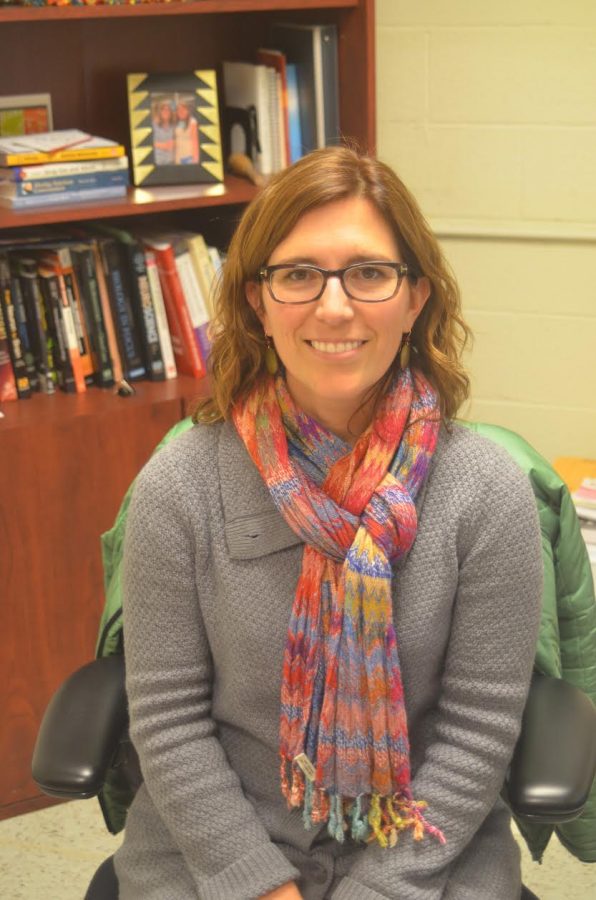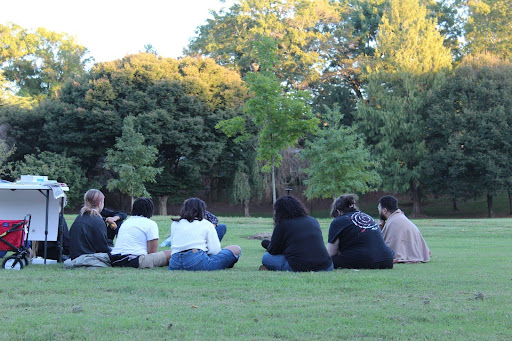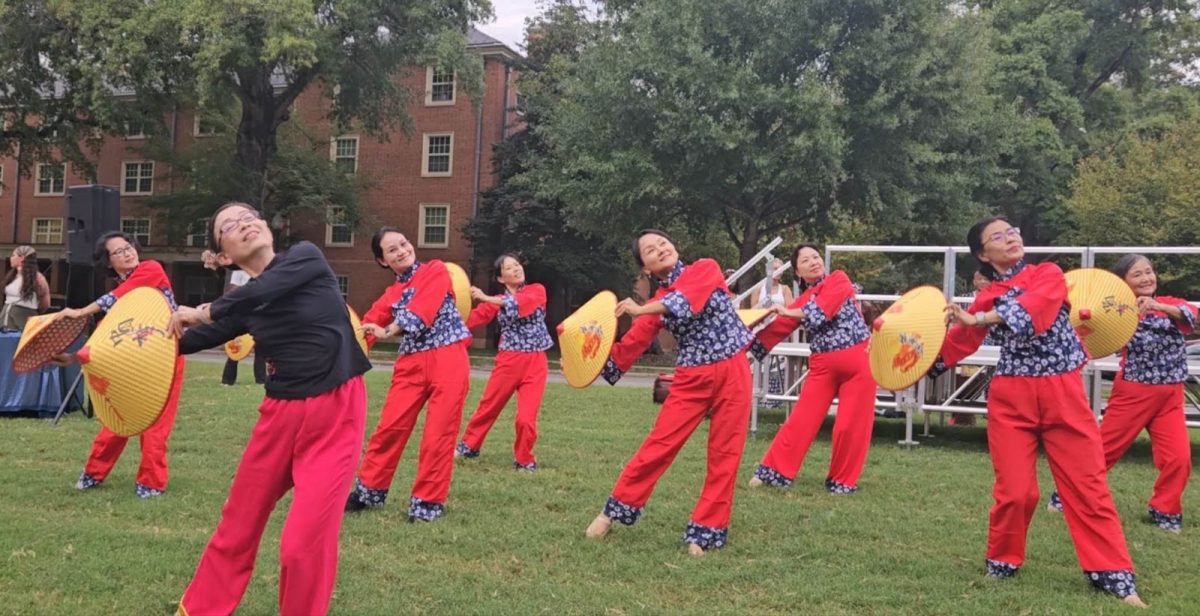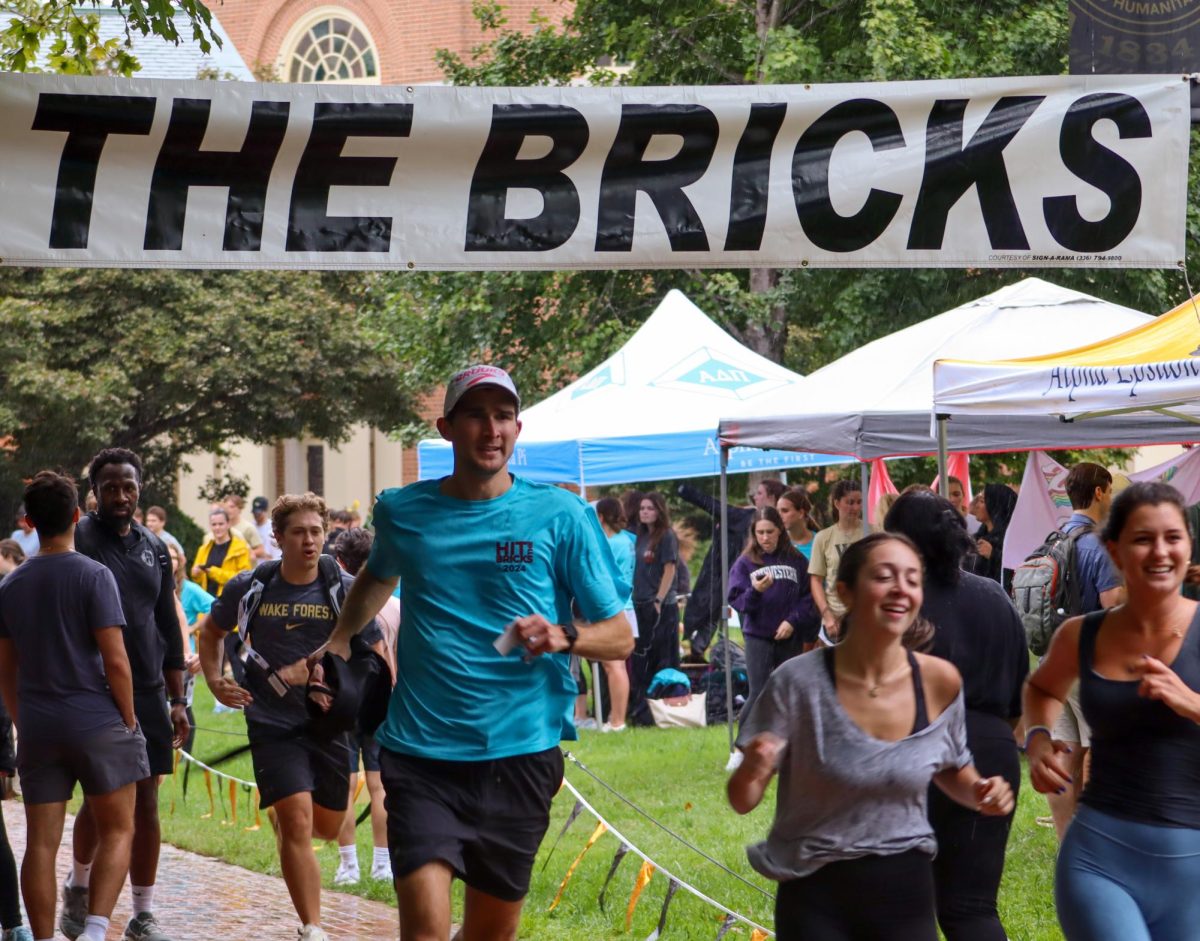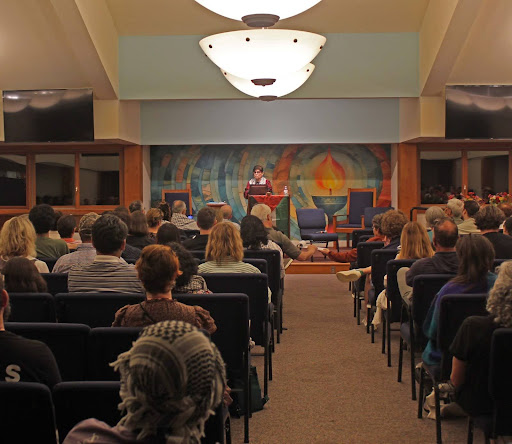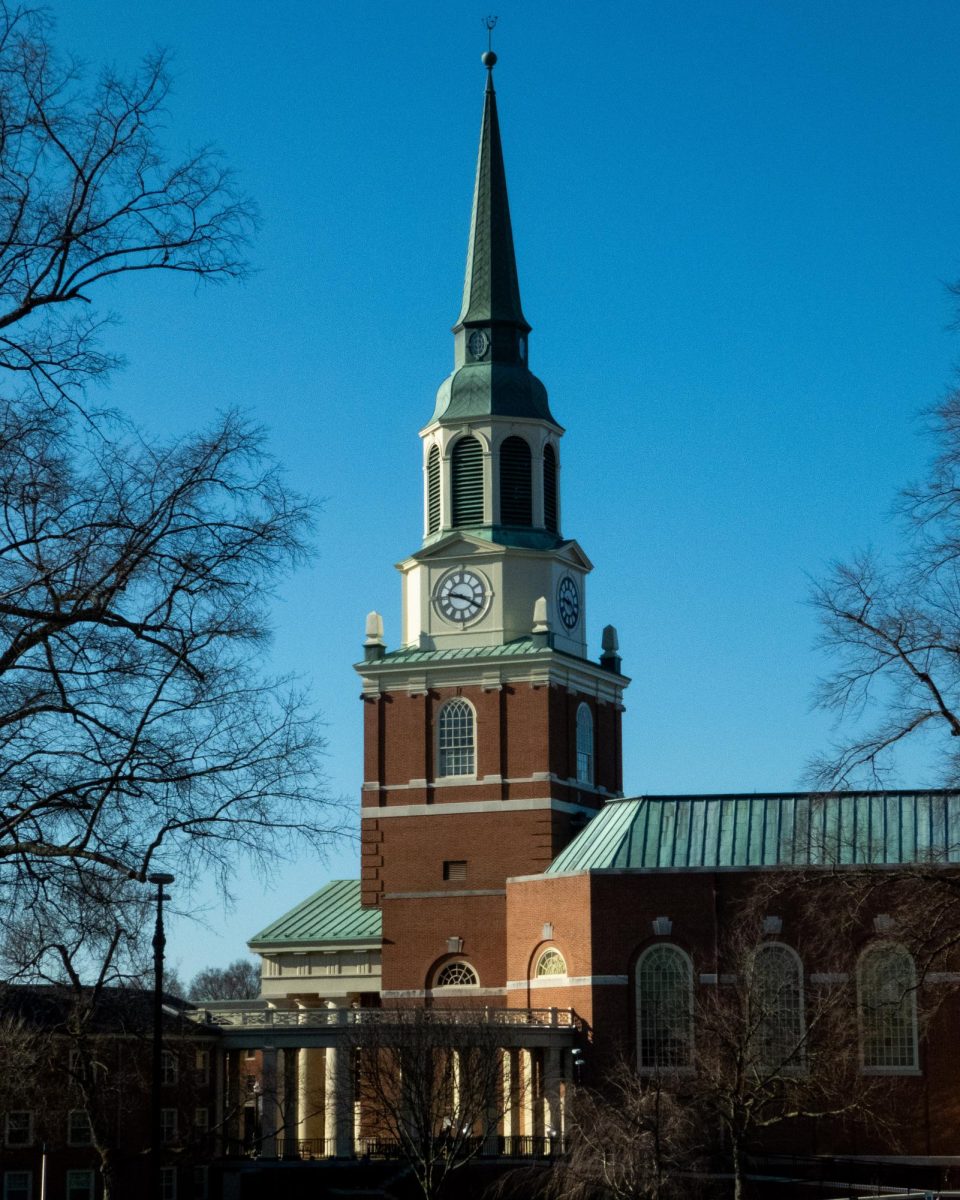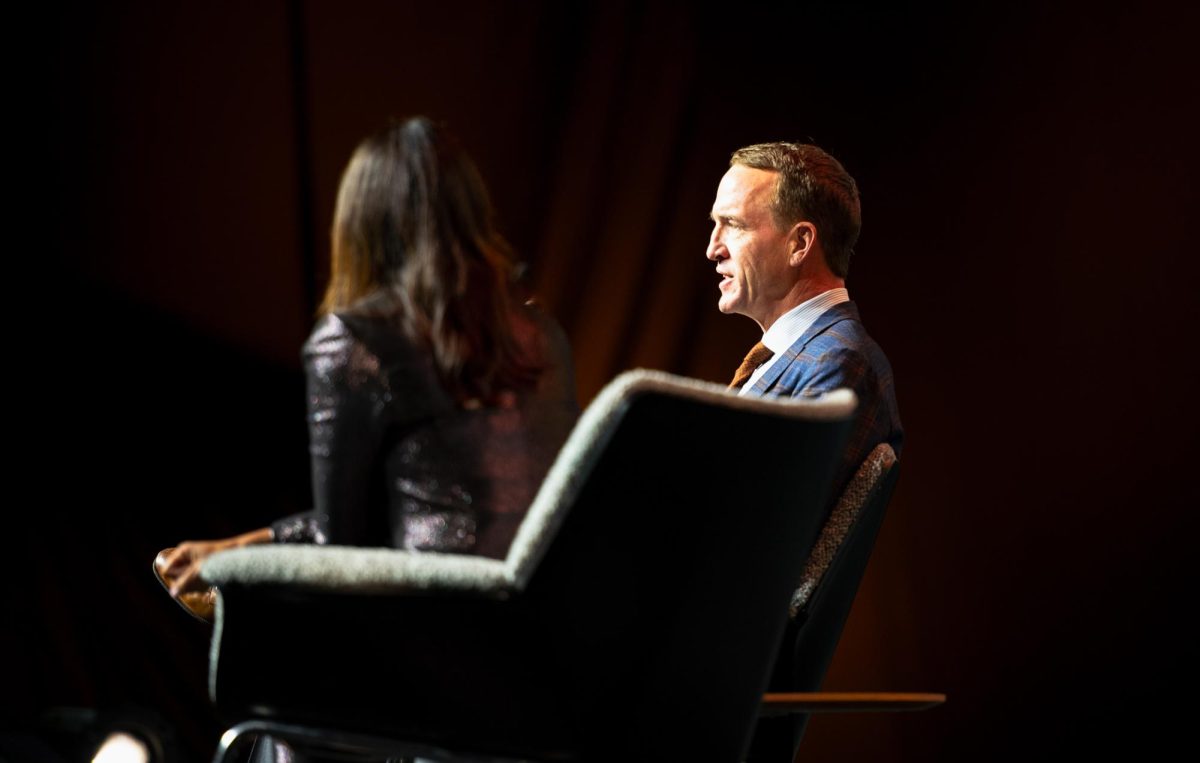Katy Lack is an assistant teaching professor in the biology and neuroscience departments at Wake Forest. The neuroscience department is a relatively new program that is quickly developing.
Lack received her Ph.D. in physiologially and pharmacology from Wake Forest School of Medicine in 2008. She returned to Wake Forest to teach five years ago.
What made you decide to come to Wake Forest?
I went to graduate school here at Wake in the department of physiology and pharmacology.
Every once in a while, I would get the opportunity to come to the undergraduate campus for various things.
I liked the atmosphere a lot. It reminded me of my own undergraduate experience in California, and I just thought, I want to teach here.
What classes do you teach?
I teach classes in neuroscience, so I am heavily involved in the neuroscience minor and in the department of biology.
I coordinate the two core courses: Introduction to Neuroscience and neuroscience seminars. Additionally, I teach a number of neuroscience-related biology classes.
One of the ones I teach is neuropharmacology — which is a pretty popular one — because the first half of the class is on drugs and abuse.
I have taught a biology topics course called Methods in Neuroscience, and right now, this semester, I am teaching BIO 114 (Comparative Physiology).
I have also taught a number of first-year seminar courses which have been fun.
I taught the Forensics First-year Seminar, which was really cool. Then this semester, I’m teaching a first-year seminar with six other faculty members throughout the campus and our theme is “World Fairs.”
However, it was actually something that the college came to us to put together.
They asked us to put together a first-year seminar with a global theme, and, so we have people from education, history, music, dance, english and even chemistry — we are all coming together to teach that class, which is a lot of fun.
Is there a particular course you enjoy teaching the most?
Neuropharmacology is one of my favorites because I can use the method of teaching I enjoy the most. I can teach in that class through cases and small groups. I really enjoy teaching in that way. Additionally, this class builds on my research from graduate school and as a post-doctorate.
What is some of the research you focused on?
As a graduate student and as a post-doctorate, I did research on drugs of abuse. As a graduate student, I focused on the influence of alcohol withdrawal and anxiety withdrawal effects.
As a post-doctorate, my research focused on FMRI for both cocaine and marijuana users in response to different tasks.
How would you describe your teaching style?
I really enjoy using active learning. That’s what I was mentioning in neuropharmacology.
Every week we work through case studies, which brings in some type of scenario or event that is from the news. I like it because it is not as much a lecture as much as it is problem solving.
I like to use various methods of active learning in any class that I’m teaching, depending on the size.
That’s the smallest class that I’m teaching, so I’m able to have four small groups, and we work like that.
In neuroscience, I have a little bit bigger class, so sometimes we just talk to a neighbor and every once in a while, split into groups.
BIO 114 is even bigger, so I’m working through different ways to interact with the students, so maybe, they’ll be talking to their partner.
For me, it’s really important to get students speaking out loud so that they’re engaged.
Is there anything that you think makes you different from other professors in your department?
I think all of the other faculty members in this department are really good and we all teach with different styles.
All I can really speak to is what I do and what I know. I like to learn students names, I like to interact, [I like] for students to come by my office and chat.
I like to make lecture topics relevant to them so that they’re really engaged and I want them to be excited or look forward to coming to my class.
What did you want to do as a career when you were a high school or an undergraduate student? Is teaching what you wanted to do?
Not necessarily. So, maybe I can inspire or I can relate to students who don’t know exactly what they want to do as an undergraduate.
I knew that I enjoyed the sciences, but wasn’t quite sure what I wanted to do. Right after college, I was a lab tech here at Wake, and I realized that I wanted to do more.
I wanted to be asking the questions more than just being told what experiments to do, so I applied to go to graduate school and I got in.
And then, during graduate school, I got the opportunity to teach a class here and there and really liked that. That’s when I decided I didn’t really want to write grants and do research — I wanted to teach about the research .
You talked about the atmosphere. Is there anything else you particularly like about Wake Forest?
Well, I have met, over the years that I’ve been here, really awesome people, both students and faculty, and there are just some really good people here and that makes me happy to be among people like that.


